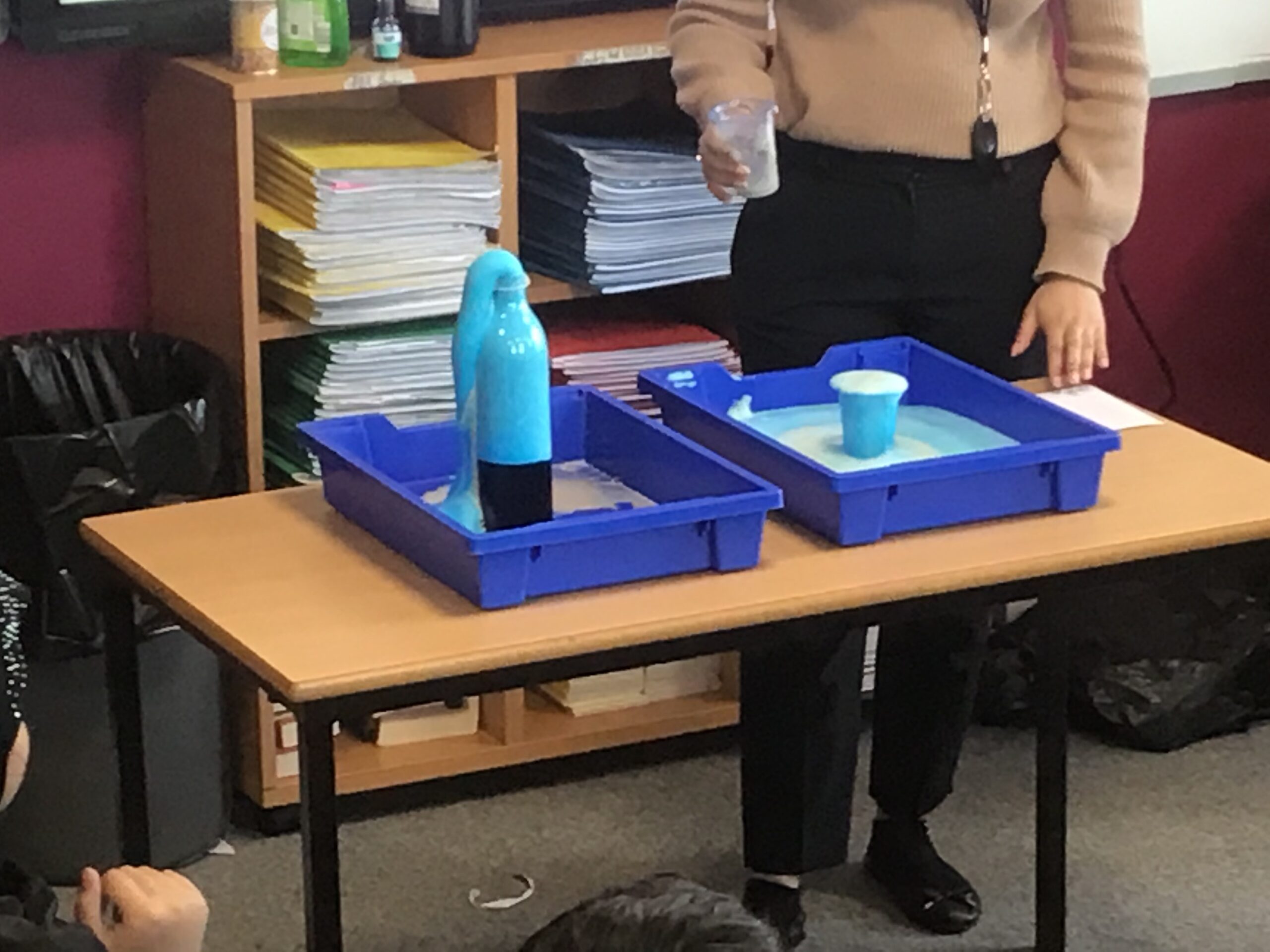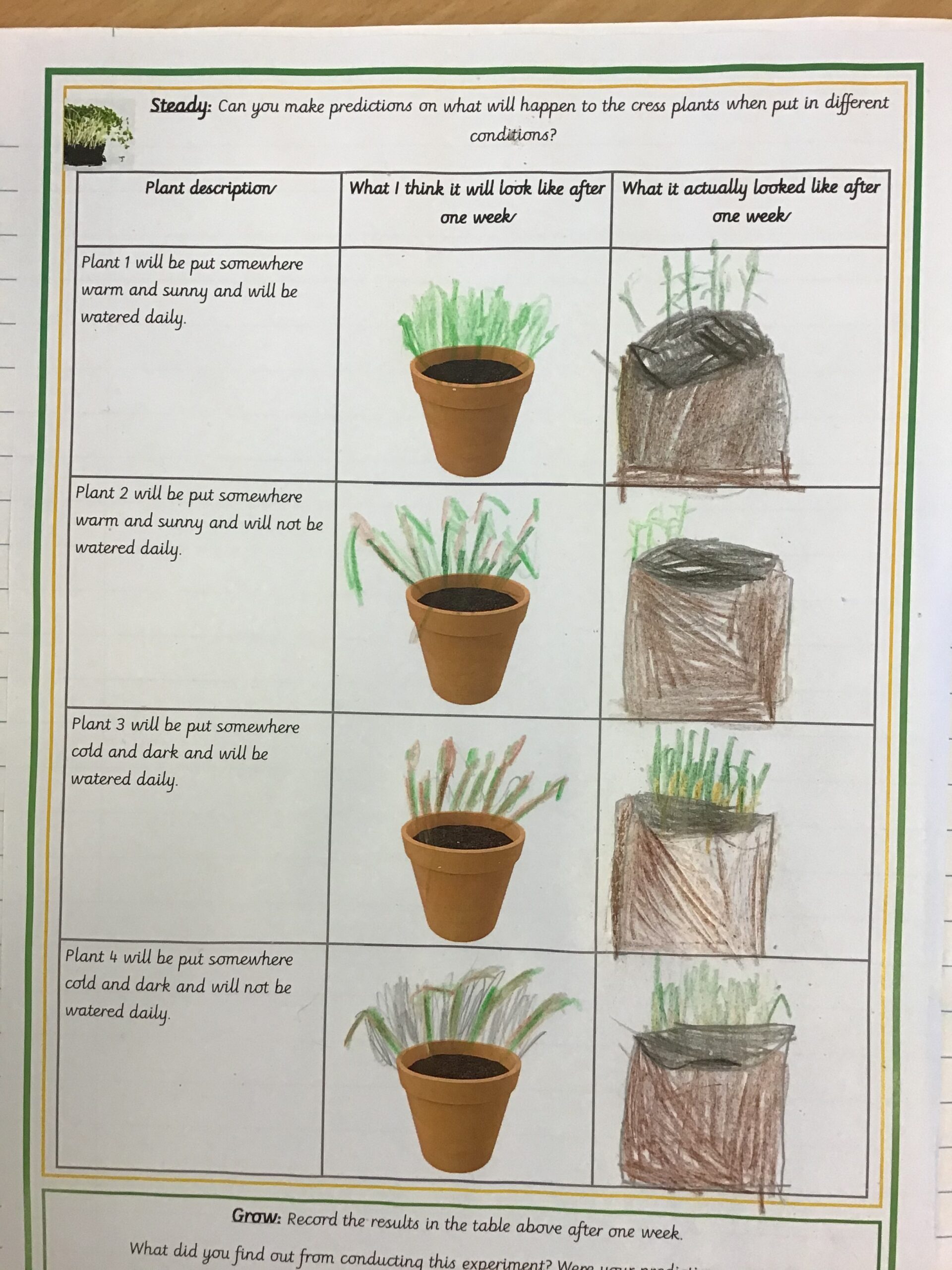SCIENCE
Science:
Vision: At Victoria Park, Science provides and inspires children to question, explore and be curious in their learning through a purposeful, fun and immersive science curriculum, so that they can aspire to be the best they can be. We want children to develop a secure knowledge of the primary science topics so that they are able to make links to learning across subjects and apply it to scientific enquiry. We want children to ask questions related to their learning and know the process to investigate them in order to apply this to future concepts.
What we teach: we teach information and skills from knowledge organisers, which we created directly from the National Curriculum, progressively to ensure that all children are able to learn and develop throughout school. Objectives have been arranged into termly challenge packs to ensure cross curricular links (where possible), with skills progressing each year. Where units of Science do not link to the overall challenge pack outcome, these are then taught in discrete units to ensure full coverage of the curriculum and links are made to other areas of learning such as: Maths (Statistics, problem solving, etc…), English (report writing), Art (Sketching and painting) and Computing (word processing, research, Digital creativity, etc…). In every unit of Science, key teaching concepts are taught alongside scientific skills to ensure a deep and rich curriculum, where by children are given the opportunities to question and talk (Oracy) about their ideas and findings.
What learning looks like: Science is delivered by class teachers at Victoria Park. In a typical science lesson, concepts are first recapped from previous learning throughout the year groups as per Rosenshine’s principles. The opportunity for Oracy is often embedded at this stage, whereby children get the opportunity to use exploratory talk with their peers using technical vocabulary revised from previous learning. Children are then given any new vocabulary and the declarative knowledge (teacher model), which they will then apply in independent tasks. Scientific investigations are utilised within science units to further develop and embed both the key teaching concepts and scientific skills.
Added extras:
- Trips and experiences are a carefully considered part of our curriculum offer.
- Science Club
- Forest school.
- Many challenge packs across school allow children to show case their learning in science e.g:
- Year 2; The really rural show- Children share their knowledge of the countryside and explain ways to make our school environment more rural.
- Year 4: Bolts and Bones- Children create an event to explain how to stay healthy and where to access support locally.
- Year 5: Space infinity- Children create a planetarium showcasing their learning of both space and forces.
- Year 6: Staying safer- Children create a fitness and wellbeing workshop which they delivered to their peers.
Example of a Science Knowledge Organiser


